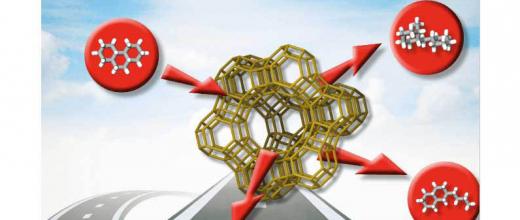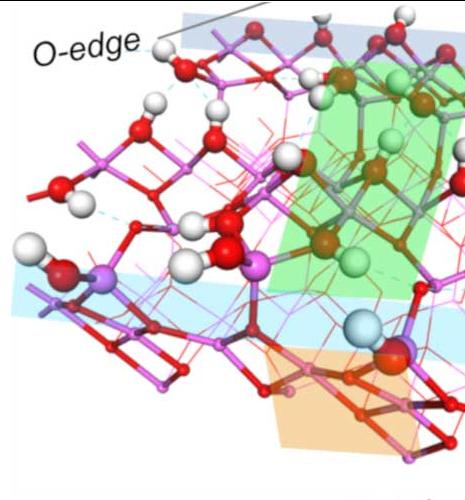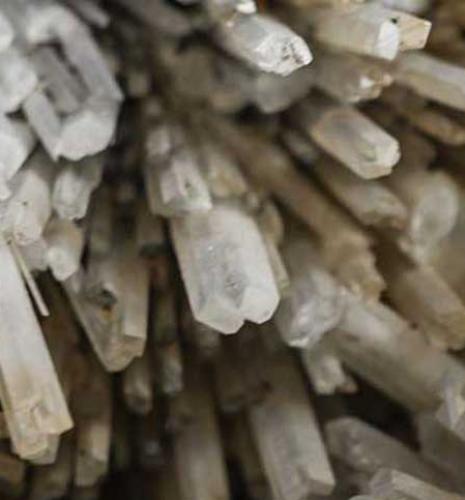
Individual page
Véronique LACHET
Project manager, physical chemistry of complex fluids
Véronique Lachet received her Chemical Engineer degree (Chimie ParisTech, Paris) in 1995 and her PhD in Physical Chemistry (Paris Sud University, Orsay) in 1998. After a short postdoctoral stay

Individual page
Céline PAGIS
Research Engineer in Heterogeneous Catalysis – PhD in Material Sciences
Céline Pagis completed a MSc degree from the engineering school of Centrale Marseille in 2015. In 2018, she received her PhD in Material Sciences and Catalysis at IRCELYON and IFP Energies Nouvelles

Individual page
Gerhard PIRNGRUBER
Gerhard Pirngruber
Research scientist, Project Leader
Research scientist, Project Leader
I studied Technical Chemistry at the TU Vienne, Austria (1990-1995). After my graduation I moved to Twente University, Netherlands, as a PhD student (1995-1999). Under the supervision of Prof. Lercher

Individual page
Carlos NIETO-DRAGHI
Research Engineer / Project Manager
Carlos Nieto-Draghi (b. 1975) completed a Chemical Engineer degree at the Simón Bolívar University (Caracas, Venezuela) followed by a DEA and Ph.D. in Chemical Engineer and Processes at the Rovira i



News in brief
CARMEN focuses on energy transition materials
To support the development of innovations for the energy transition, the CNRS, École Normale Supérieure Lyon, IFPEN, Sorbonne University, Claude Bernard Lyon 1 University and the University of

Individual page
Céline CHIZALLET
Project Leader, ab initio calculations for Catalysis
After a PhD in heterogeneous catalysis (Paris 6 Univ., 2003-2006), during which I acquired skills in mineral synthesis, spectroscopies, catalytic testing and computational modelling, I chose to

News in brief
Carbon steel in self-defense mode against corrosion
Carbon or low-alloy steel corrosion, by aqueous media containing CO 2, hampers the development of numerous technologies a for the energy transition. Among the electrochemical processes involved, the

News in brief
Adsorption, a key factor for geological storage
Low permeability geological layers, already known within the context of oil exploration, are once again becoming a focus of interest for energy (compressed air), gas (CO 2, H 2, CH 4) and waste





